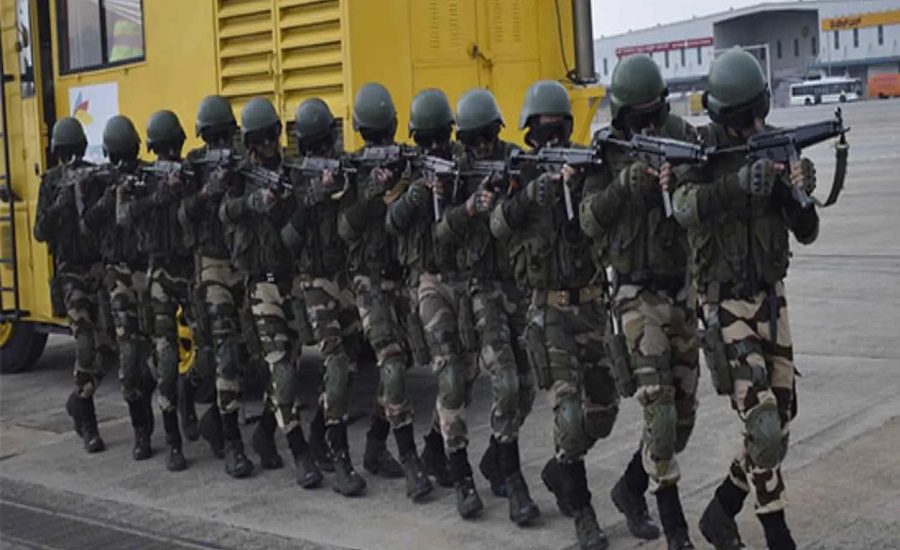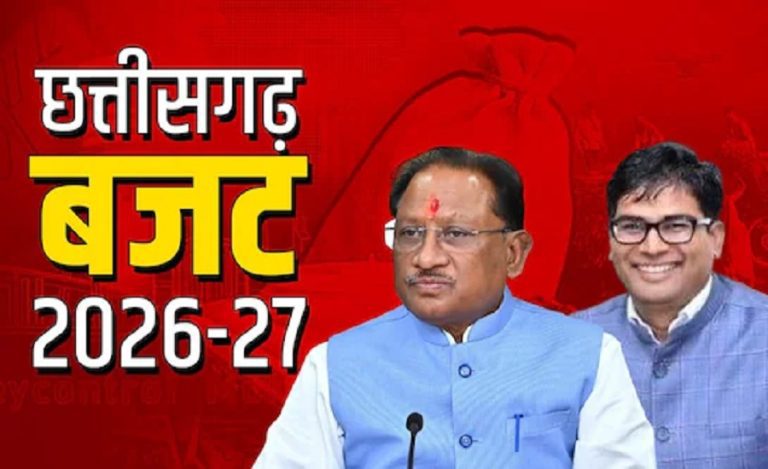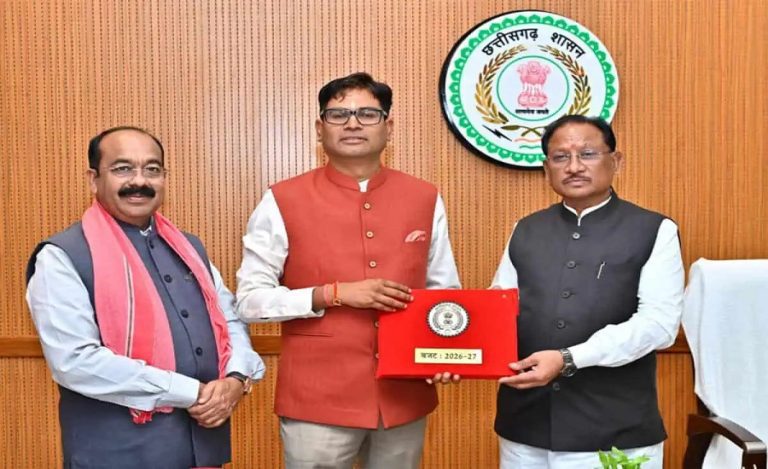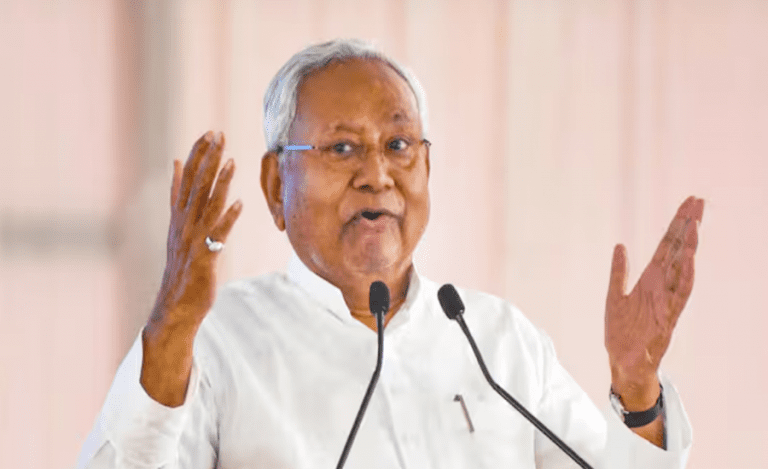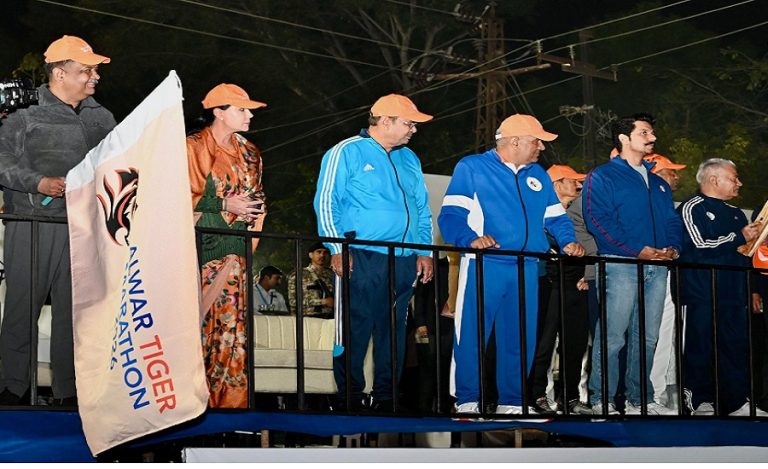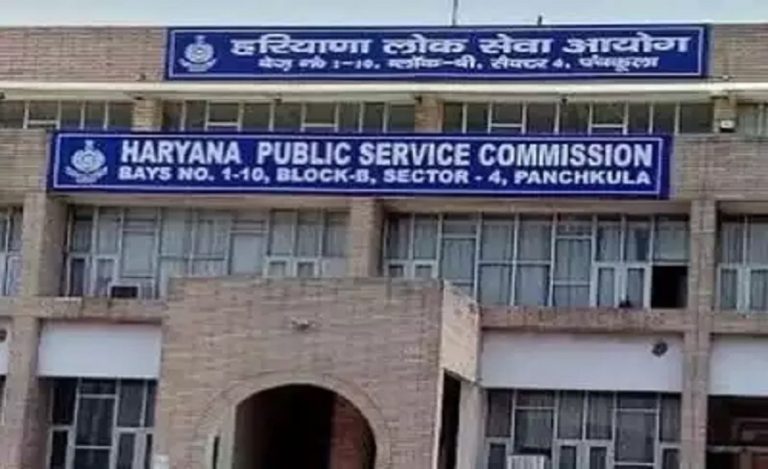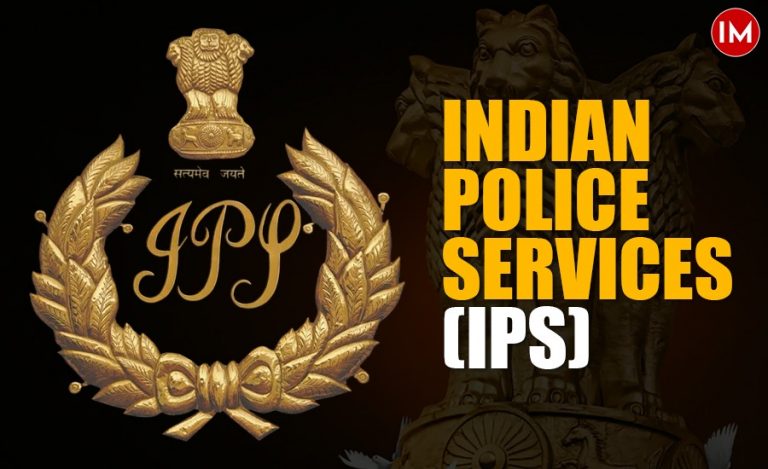New Delhi: The Union Government has filed a review petition challenging the Supreme Court‘s landmark ruling that limits the deputation of Indian Police Service (IPS) officers to the Central Armed Police Forces (CAPFs), warning that the decision could adversely affect national security and violates the federal principles on which the All India Services (AIS) were founded.
The Centre emphasized that the matter pertains to policy-making, which falls exclusively within the Executive and Legislative domain, and cautioned against judicial overreach.
Govt: Policy-Making on Deputation Lies Outside Judicial Review
In its review plea, the Centre strongly defended the practice of IPS deputation to CAPFs, calling it a strategic policy decision based on “functional necessity, lateral talent infusion, and national security concerns.”
“The question whether there should be deputation of IPS officers and to what extent are matters purely of policy considerations… The Executive is best equipped to determine the balance of cadre officers and deputationists,” the petition said.
IPS Presence in CAPFs Is Minimal, Doesn’t Block Promotions: Centre
Countering the Supreme Court’s view that IPS deputations harm the promotion prospects of CAPF cadre officers, the government pointed to statistics showing that IPS officers account for only 1.4% of the Group A (Executive/General Duty) cadre across CAPFs.
“Given this minuscule numerical strength, it cannot be said that their presence affects the promotional prospects of the cadre officers,” the Centre argued.
SC Ruling Recognized CAPFs as Organised Services
The review petition comes in response to the Supreme Court’s May 2025 judgment, which upheld the Organised Group A Services (OGAS) status of CAPFs. This followed a long legal battle between IPS officers and CAPF cadre officers over command and promotion rights.
The SC had ruled that CAPFs — including CRPF, BSF, CISF, ITBP, SSB, NSG, and Assam Rifles — are to be treated as organised services for all purposes, thereby enhancing the career progression and pay parity of their cadre officers.
The 2019 order granting Non-Functional Financial Upgradation (NFFU) and Non-Functional Selection Grade (NFSG) to CAPF officers was a pivotal step in that direction.
Centre: SC Went Beyond the Scope of Original Plea
However, the Centre’s review plea argues that the original scope of the litigation was limited to financial benefits like NFFU and NFSG, and the judgment went beyond its brief by granting full OGAS status to CAPFs.
“By no stretch of imagination can it be said that OGAS status was sought to be granted for all purposes,” the petition said.
Read also: Supreme Court Rebukes Bihar IPS Officer, Warns Duty Lies with Constitution, Not Superiors
Federalism and Security Architecture at Stake, Says Centre
The Centre warned that a significant reduction in IPS deputation to CAPFs would “go against the spirit of federalism” and risk destabilizing the national security architecture.
“Any departure from the present structure may have profound and unintended grave implications on the entire National Security Structure,” the government argued.
The petition further states that 98% of CAPF personnel are troops, with only 2% as officers, making the structure incomparable with civil services like IAS or IPS, where such ratios differ significantly.

